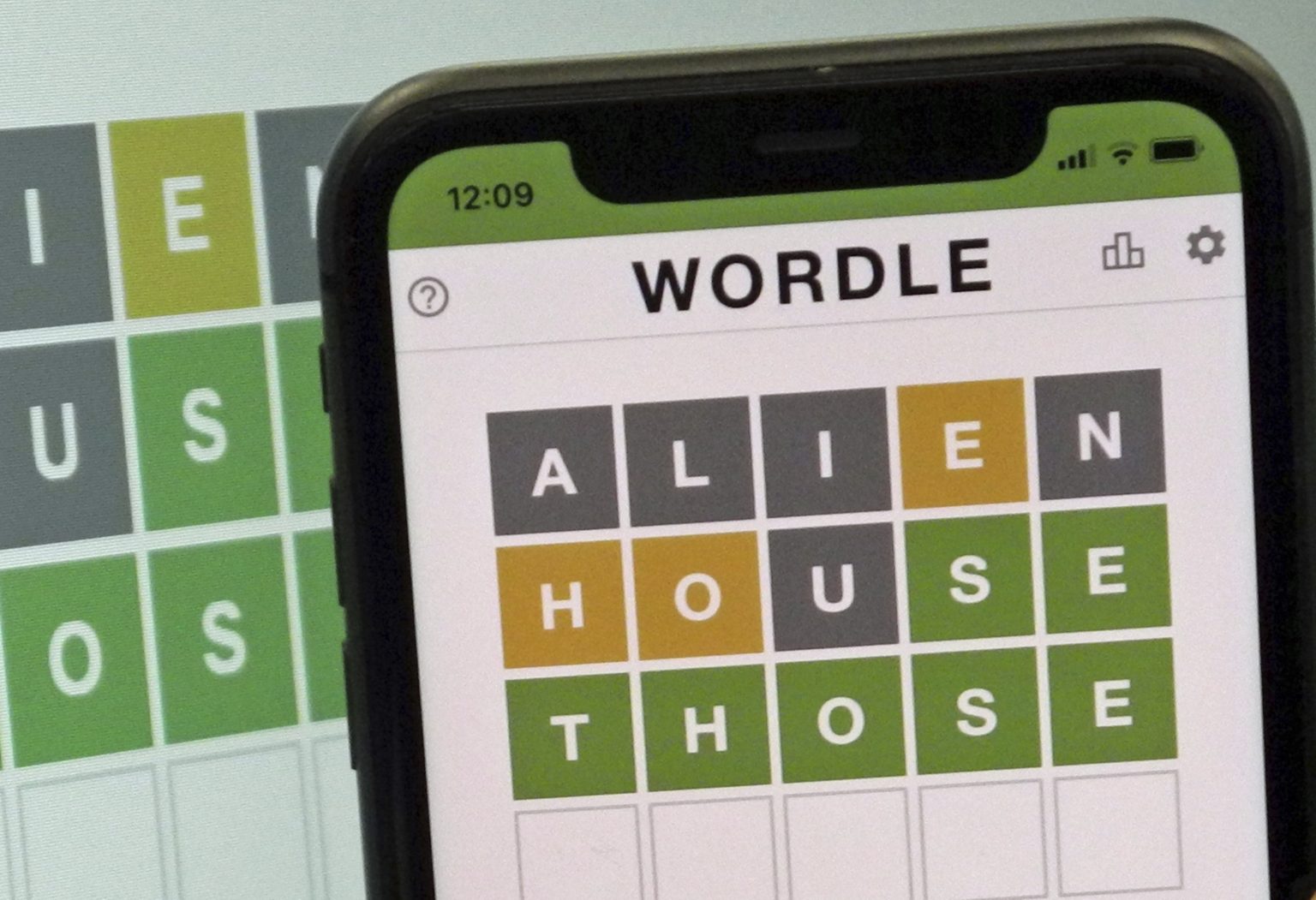Wordle, the immensely popular word-guessing game, has captivated millions worldwide with its simple yet challenging gameplay. Created by Josh Wardle, Wordle’s meteoric rise from a niche pastime to a global phenomenon is a testament to its addictive nature and the inherent human desire for intellectual stimulation. The game’s premise is deceptively straightforward: players have six attempts to decipher a hidden five-letter word, receiving color-coded feedback after each guess. Green indicates a correctly placed letter, yellow signifies the presence of the letter in the word but in the wrong position, and gray eliminates the letter entirely. This elegant system of feedback creates a compelling loop of deduction, hypothesis testing, and incremental progress, culminating in the satisfying ‘aha’ moment of discovery or the occasional frustrating defeat. The New York Times’ acquisition of Wordle further solidified its place in the cultural zeitgeist, transforming it from a personal project into a mainstream entertainment staple.
The carefully calibrated balance between challenge and solvability lies at the heart of Wordle’s appeal. Wardle’s deliberate choice of five-letter words and six attempts resulted from extensive experimentation and reflects a deep understanding of game design principles. This balance ensures that the game is neither trivially easy nor impossibly difficult, fostering a sense of accomplishment with each successful solve while maintaining a healthy level of challenge. The ограниченные number of attempts introduces a strategic element, forcing players to carefully consider their choices and maximize the information gleaned from each guess. This inherent tension between limited resources and the desire for a swift solution adds a layer of depth to the seemingly simple gameplay.
Effective Wordle strategies often involve leveraging linguistic patterns and statistical probabilities. Experts, like applied linguistics expert Erhan Aslan, recommend prioritizing words containing common vowels and consonants, such as “e,” “a,” “r,” and “t,” in initial guesses. This approach maximizes the likelihood of uncovering crucial information early on, narrowing down the possibilities for subsequent attempts. Conversely, starting with words containing less frequent letters like “q,” “z,” “j,” or “x” is generally discouraged, as it limits the potential for valuable feedback. A nuanced understanding of phonics can also prove advantageous, allowing players to eliminate words based on sound patterns and letter combinations.
The daily nature of Wordle fosters a sense of community and shared experience. Players around the world engage with the same puzzle each day, sparking conversations, comparisons of strategies, and friendly competition. This shared experience transcends geographical boundaries and cultural differences, creating a unique form of digital camaraderie. The daily reset also provides a fresh start, allowing players to redeem themselves after a challenging puzzle and eagerly anticipate the next challenge. This cyclical nature of gameplay contributes to Wordle’s long-term engagement and sustained popularity.
The clues provided for a particular Wordle puzzle offer glimpses into the hidden word, guiding players towards the solution without revealing it outright. These hints often incorporate wordplay, cultural references, and linguistic nuances, adding another layer of enjoyment to the game. For example, clues might allude to common expressions, literary characters, or historical events related to the target word. Deciphering these clues requires not only linguistic dexterity but also a degree of cultural literacy and general knowledge, further enriching the gameplay experience.
The revelation of the daily Wordle answer brings a sense of closure and allows players to reflect on their strategies and learn from their mistakes. For those who successfully solved the puzzle, it’s a moment of triumph and validation of their deductive reasoning. For those who fell short, it’s an opportunity to analyze their approach and identify areas for improvement. Regardless of the outcome, the daily reset ensures that a new challenge awaits, perpetuating the cycle of anticipation, engagement, and intellectual stimulation that makes Wordle so compelling.

